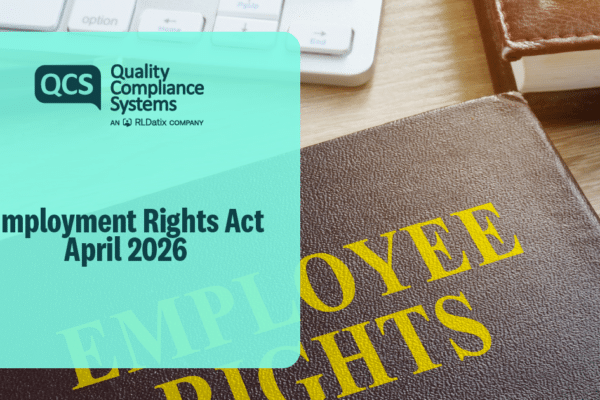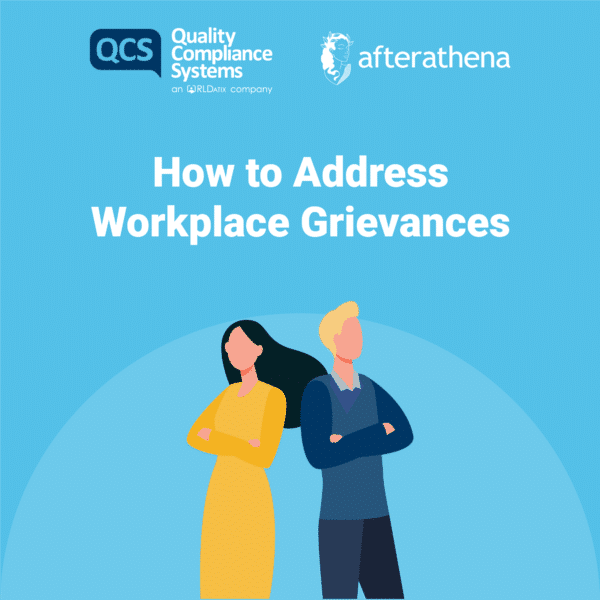Grievances are concerns or problems that an employee raises with their employer due to a workplace situation that they are not happy with. Common examples include bullying and harassment, workload, working conditions, pay disputes, health and safety issues and changes to an employment contract.
Often employees just want to be heard and have their say. Therefore, in a large number of cases, complaints can be resolved swiftly. Below, we provide a step by step guide for supporting with workplace grievances.
1. Can the grievance be addressed informally?
As a first step it is worth understanding if the grievance can be resolved informally.
If you are not sure whether the employee is raising a formal grievance, ask the question. Did they intend for their concerns to be resolved under the formal grievance procedure, or are they happy to attempt to resolve it informally in the first instance?
However, in more serious cases, where the grievance relates to discrimination, health and safety issues, sexual harassment or whistleblowing, we recommend progressing with the formal process from the start.
2. Formal procedure
If the grievance cannot be resolved informally and a formal grievance is lodged, the employer should acknowledge receipt of the grievance.
Dependent on the circumstances, a formal investigation may be necessary, and the employee should be advised about how long the investigation is expected to take.
A grievance hearing should be arranged without unreasonable delay, ideally within 5 working days. However, an employer should ensure they adhere to the procedural requirements set out in their workplace grievance policy.
The grievance hearing will allow the employee to explain their grievance and how they think it should be resolved. It is key that notes are taken during the meeting.
An employee has a statutory right to be accompanied by a colleague or trade union representative.
It may be that during the meeting, matters are raised that need to be explored further. If so, the meeting should be adjourned to allow time to make further enquiries and a mutually agreeable time should be agreed to reconvene.
Following the grievance meeting, the decision should be confirmed in writing, including details of any action to be taken to resolve the grievance and the employee should be informed of their right of appeal.
3. Appeal
If the employee appeals, the employee should be invited to an appeal meeting. The appeal meeting should be conducted by a manager who has not previously been involved in the grievance procedure and preferably someone more senior than the manager who dealt with the original grievance.
The employee has the right to be accompanied to the appeal meeting.
Following the meeting, the employee should be notified of the decision in writing, and informed that the appeal meeting is the final stage of the grievance procedure and there is no further right of appeal.
4. ACAS Code
As a minimum, employers are expected to follow the ACAS Code of Practice on Disciplinary and Grievance Procedures (‘ACAS Code’) when addressing workplace grievances. This Code provides practical guidance for employers on correctly and fairly dealing with a grievance. Although any failure to follow the Code does not, of itself, make an employer or organisation liable to legal proceedings, a Tribunal will take the Code into account in relevant cases and can increase any award of damages by up to 25%.
Key Points for Consideration for Employers
- Check the grievance procedure
- Consider whether the matter can be dealt with informally
- Investigate the grievance (formally if necessary)
- Hold a grievance hearing
- Communicate decisions effectively and promptly
- Deal with any appeal
- Keep written records, including minutes of any meetings
If you have any queries or are in need of specific advice in relation to any employment law query, please contact a member of the AfterAthena team (part of the Napthens Group) who are able to offer 30 minutes of free advice to QCS members.





